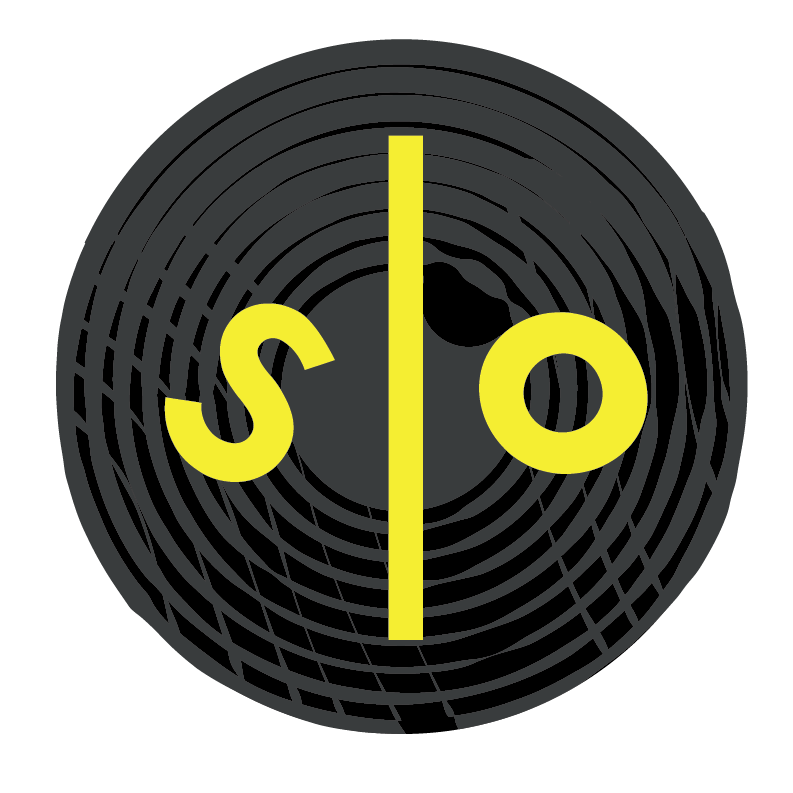Usher: Not The Singer
Join Jennifer Manning (Montréal) and Sarah Snively (Edmonton) for a unique theater experience! These Deaf/DeafBlind cis-gender women share a common bond — they both have Usher Syndrome.
During this entertaining and enlightening look at Usher Syndrome, Jennifer and Sarah offer audiences a deeply vulnerable and hilarious perspective on living with Usher (not the singer).
________________________________________________________________
Resources about Usher Syndrome and Deaf/DeafBlind and FAQs
Usher syndrome is a rare genetic disease that affects both hearing and vision. It causes deafness or hearing loss and an eye disease called retinitis pigmentosa (RP). Sometimes, it also causes problems with balance.
People who have Usher syndrome are born with it, but they usually get diagnosed as children or teenagers. There’s no cure for Usher syndrome. There are three types:
Are there different types of Usher Syndrome?
There are 3 types of Usher syndrome, and each type causes a different mix of health problems.
People with type 1 have:
-Profound hearing loss (only able to hear very loud sounds) or deafness at birth
-Loss of night vision by age 10, with severe vision loss by midlife
-Balance problems, including trouble sitting up and walking
People with type 2 have:
-Moderate to severe hearing loss in early childhood
-Loss of night vision by teenage years, with severe vision loss by midlife
-Normal balance
People with type 3 have:
-Normal hearing at birth, with hearing loss starting in childhood
-Loss of night vision by teenage years, with severe vision loss by midlife
-Normal balance
Types 1 and 2 are the most common. Jennifer and Sarah have Type 1 Usher Syndrome.
What should I know about Usher Syndrome and how to best support the person who has it?
Don’t stand or sit in front of a window or bright lights.
Always inform the person you are leaving or moving to a different spot by informing them or slightly moving your hand/finger on their back in the direction you are going.
Be sure to choose places with good lighting and spaces that allow for safe navigation. Dim-lighted, constant flashing lights, or dark places are not good for those with Usher Syndrome or those with low vision.
Some individuals with Usher Syndrome will need pro-tactile ASL / tactile ASL. Don’t stress about how to communicate with them, you will be supported in that process!
Some individuals will need contrasting colours such as dark mode on the computer and SmartPhones, and larger print so that they can read the information more better.
Ensure that the space that they are in is clear from any objects on the floors. Let them explore the space so that they know how to navigate it.
Ensure that your spoken, picture, and video content (includes posts, photos, reels, vlogs, and so on) has captioning that is accessible for the Deaf/DeafBlind which means to make sure the captions are close to the top, or middle-bottom of the screen, medium to laege white or yellow font on black background) and to provide text transcript which describes the image(s), the video(s) and the content in text so that the DeafBlind can access it through their Braille devices or read the text should viewing the images or videos be inaccessible for them. This includes providing photo description and content description.
List of Organizations and Agencies that address Usher Syndrome, DeafBlindness, Deaf, hard of hearing, and so forth:
ASL/English
Company: Jennifer Manning and Sarah Snivley
Rating: All Ages
Cost: Pay-What-You-Can
Runtime: 60 minutes
Backstage Theatre
LIVE PERFORMANCE
SCHEDULE
Thursday, March 30th, 2023 - 4:15 PM
Friday, March 31st, 2023 - 6:45 PM
Saturday, April 1st, 2023 - 9:15 PM

